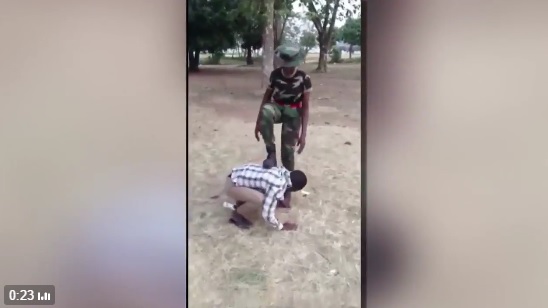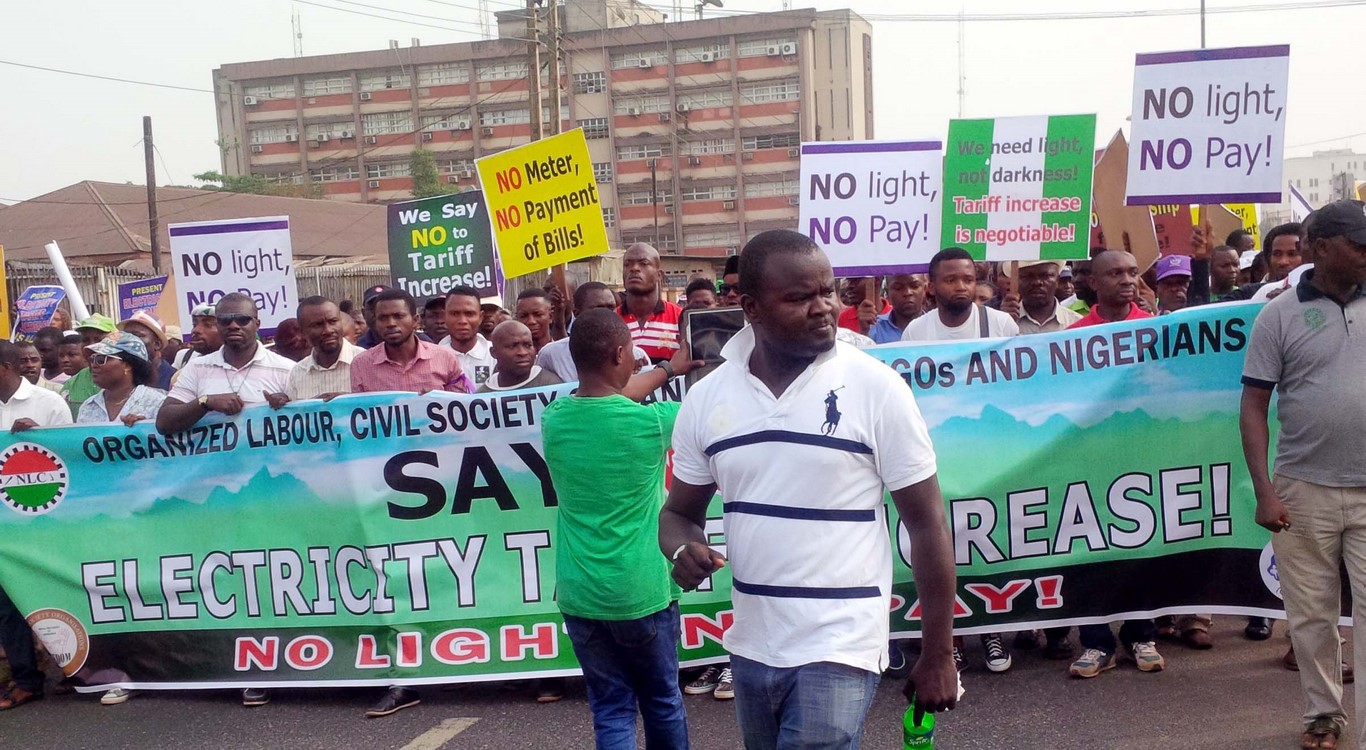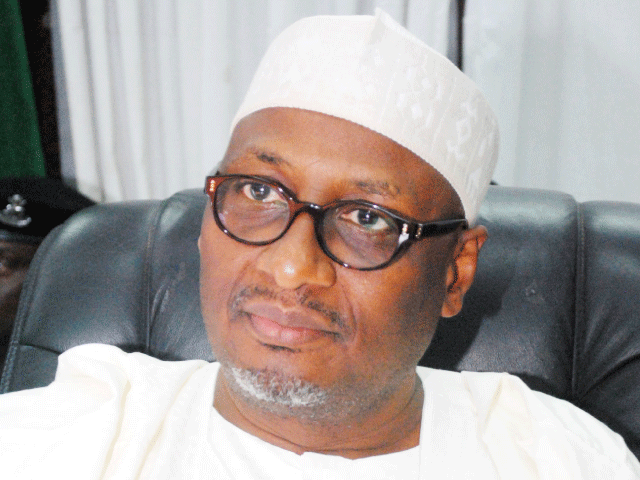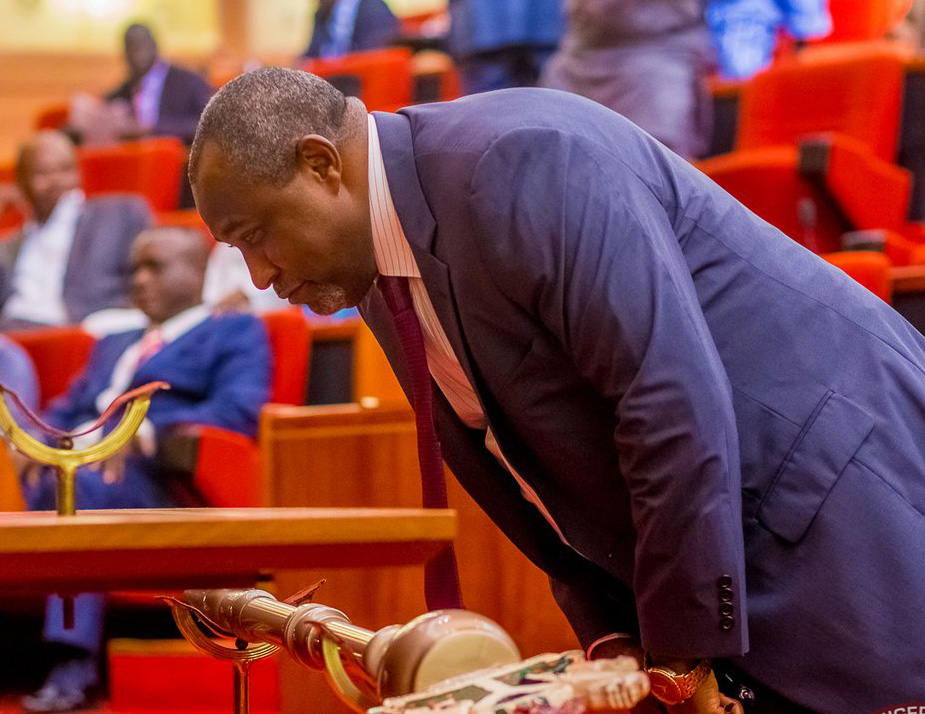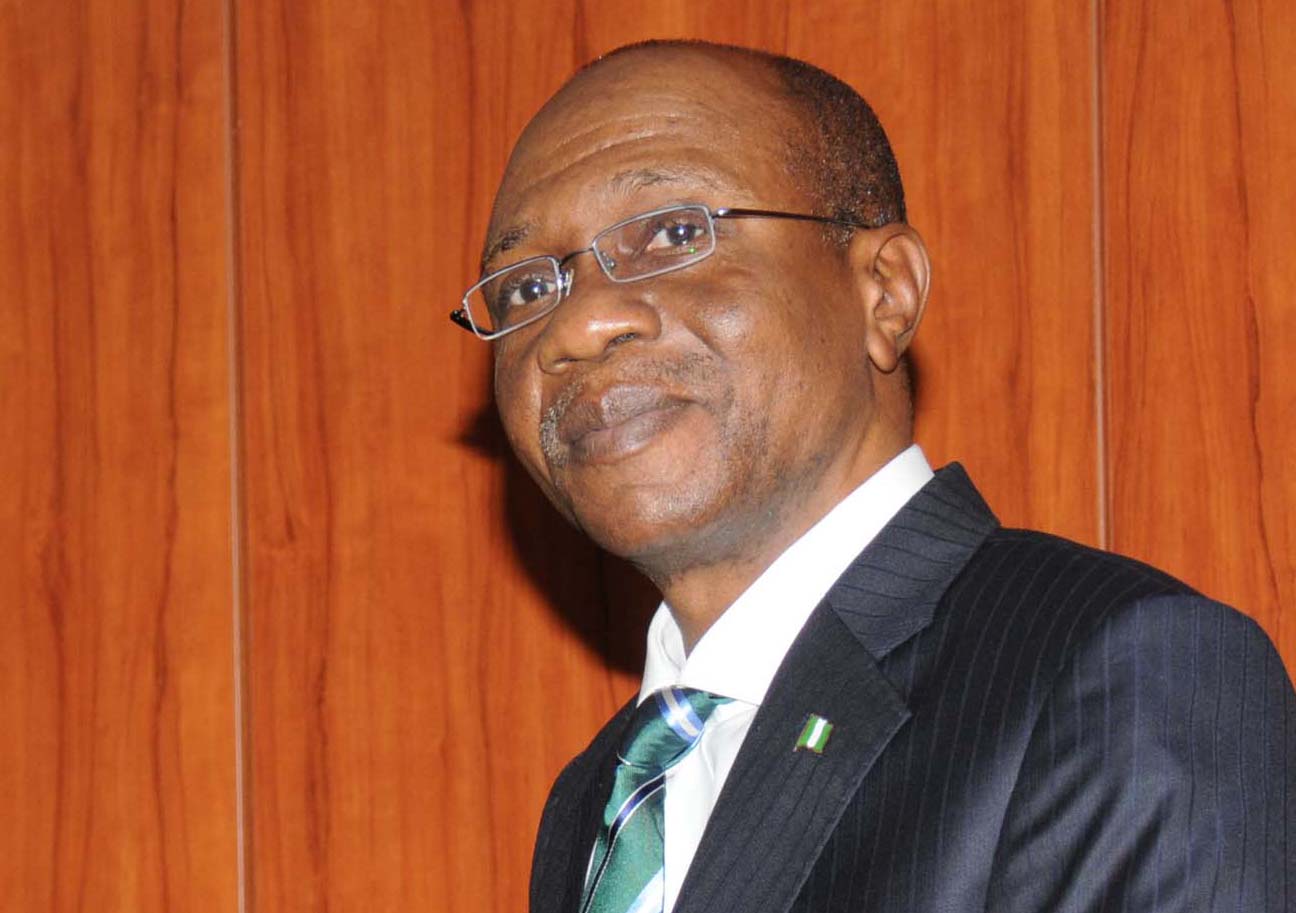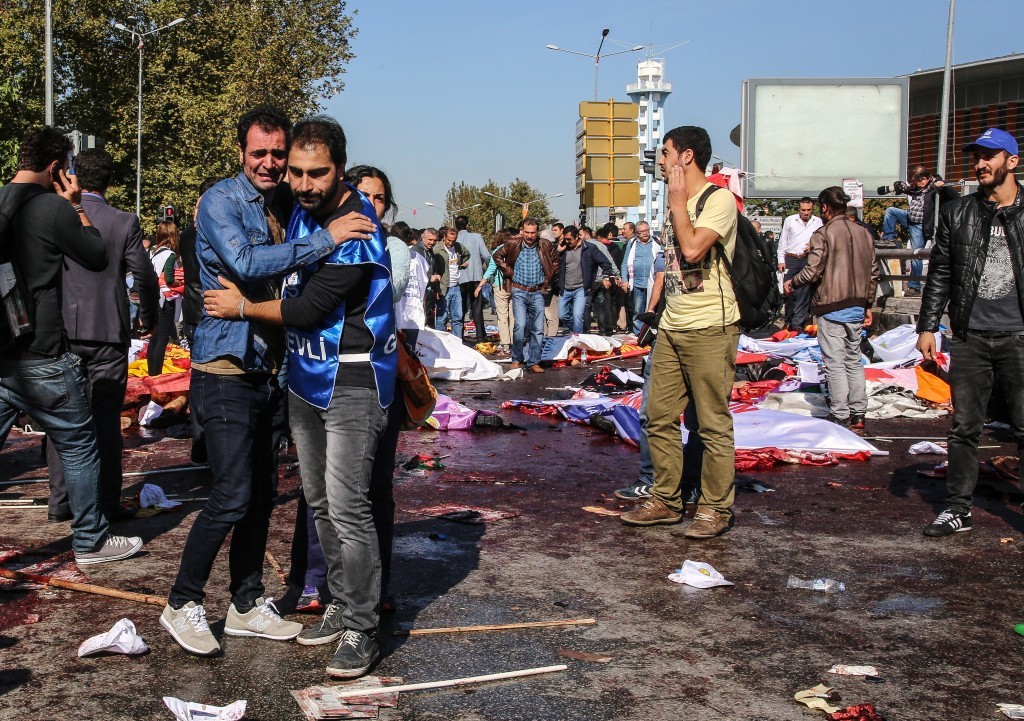By Johnson Obioha
The Nigerian Army in the last one month have been on the “charm offensive” to improve its human rights records and reinvigorate its Civil-Military Relations (CMR). This can be seen under the leadership of the Chief of Army Staff (COAS), Lt-Gen. Tukur Buratai through the re-absorption of some dismissed soldiers and officers accused of acts of cowardice amongst others.
Also, the commuting of a sentence handed to Brig-Gen. Enitan Ransome-Kuti by the Special Court-Martial (SCM) and an open dialogue with human rights and legal bodies like the National Human Rights Commission (NHRC), Nigerian Bar Association (NBA), Amnesty International (AI), International Committee of the Red Cross (ICRC), and Human Rights Writers Association (HURIWA), are good developments.
The Nigerian Army had in a conciliatory move last year, reinstated about 3,032 soldiers who were convicted of various offences through series of GCM set up by the immediate past COAS, Lt-Gen. Kenneth Minimah (rtd).
The Director of Army Public Relations (DAPR), Col. Sani Usman, in a statement then, noted that the decision came from recommendations by a committee set up to review the cases of soldiers in the defunct Operation Zaman Lafiya with a view to ensure discipline, regimentation and justice in the system.
Advertisement
He explained that the reinstated soldiers have also shown commitment and readiness to be relaunched into the theatre to combat insurgency, clarifying “that not all the dismissed soldiers were granted pardon and recalled”.
Similarly, the Army Council in continuation of the humane acts commuted the dismissal of Ransome-Kuti from the service to a demotion to the rank of Colonel with four years seniority. The decision was contained in a circular dated March 1, 2016, and taken after reviewing the judgment of the SCM that tried him on a three-count charge for failure to perform his military duties and miscellaneous offences relating to service property.
In October, 2015, Ransome-Kuti was dismissed and sentenced to six months imprisonment following offences he committed during his command of military operations in Baga last year.
Advertisement
There is no doubt that one of the significant decision of the current Army leadership to improve its image, is the establishment of Human Rights Desk under the Department of CMR. Last month, Buratai through the Chief of Civil-Military Affairs (CCMA), Maj-Gen. Rogers Nicholas, commissioned the desk with a promise to investigate all cases of human rights violations involving the army.
He said: “The establishment of the desk office was borne out of the increasing interest of the local and international human rights bodies on what we are doing in the North East and other parts of the country”.
According to him, the army is trying to open up the system in order to close the gap with the civil populace, human rights agencies and Civil Society Organizations (CSOs). He said the newly established desk will receive documents, investigate complaints from individuals; organizations and institutions on rights violations involving army personnel.
The desk, he said, will liaise and facilitate interaction with the human rights organizations; strategize and strengthen capacity of the army in promoting human rights; as well as developing a network of contacts of human rights offices in Nigeria. The desk will be opened to all Nigerians with complaints of human rights abuse.
Advertisement
He urged complainants to contact the desk either by writing, email, text messages or register in person, assuring them of transparency and establishment of more accessible desks in various locations outside the Amy Headquarters (AHQ).
Impressed by this action, the Executive Secretary, NHRC, Mr. Ben Angwe, commended the army for the “novel and bold initiative”. Angwe through the commission’s director, Mr. Saka Azimazi, said that the army by its actions has set a commendable precedence for other services of the armed forces.
In addition, the Nigerian Army in a marked departure from its past rocky relationship with human rights bodies engaged them as partners rather than rivals in the internal security operations.
Accordingly, the Operation Lafiya Dole have thrown open its detention facilities in parts of North East to the NBA, ICRC, and other human rights organisations to inspect the conditions of the detained Boko Haram suspects.
Advertisement
Recently, Army authorities engaged AI in a dialogue aimed at resolving their differences in the alleged atrocities committed by some of the officers and soldiers in the CT COIN operations against suspected terrorists.
The historic meeting was encouraging to the Head of AI Delegation and Director Research/Advocacy, Mr. Netsanet Belay, who commended the Army authorities for adopting an open door policy, while describing their meeting as “very fruitful and a first step to address the issues raised by the body”.
Advertisement
“We have heard encouraging views that some independent monitors like the ICRC, have been granted access to the detention center which is a good step and we requested that we be allowed access to the facility to also verify,” Belay noted.
At least, that meeting provided the Army authorities an opportunity to clear their name and present their own side of the story to the AI team, who were allegedly horrified by the video showing atrocities of the Boko Haram terrorists.
Advertisement
Again, the Nigerian army, sequel to its recent approach to open its human rights records for scrutiny through dialogue and collaboration, has also activated its civil relation engagements.
The first of this was the maiden meeting with the Borno Elders Forum (BEF) in Maiduguri, to seek ways of ending Boko Haram terrorism in the state and North East. This was aimed at mobilizing the civil populace against the insurgents.
Advertisement
Next was a visit to the dreaded Maiduguri-Damboa-Biu road by the army chief and the leadership of the National Union of Road Transport Workers (NURTW), and their involvement at the launch of the Motorbike Battalion to maintain security in the route, opened after more than three years closure, is an indication of trust in the military.
Another was the donation of 25 patrol vehicles to security agencies by the Bauchi State governor, Mohammed Abubakar. Abubakar while distributing the N250 million worth of vehicles to the Army, Police, and Department of Security Service (DSS), said that “the role of government is to provide security especially with the rise in criminal activities around the globe”.
Meanwhile, facts available shows a Nigerian Army that is determined to improve its image, human rights records and civil relations but some provocations – from the Shiites and IPOB – have hampered these efforts.
The IPOB’s case came up at the recent interview President Muhammadu Buhari granted to Al Jazeera, which attempted to air the video of alleged shooting of unarmed protesters in southern Nigeria.
The leadership of International Society for Civil Liberties & the Rule of Law (Intersociety), had in a detailed statement signed by Mr. Emeka Umeagbalasi, and titled: “Ceaseless Killing Of Unarmed Citizens In Nigeria: Why Security Chiefs Must Desist From Provoking More Insurgencies Capable Of Plunging Nigeria Into Syrian Styled Violence”, warned that urgent steps must be taken to stop the killing of IPOB members.
They drew the attention of the Minister of Interior, Lt-Gen. Abdulrahman Bello Dambazzzau (rtd); Minister of Defence, Brig-Gen. Muhammad Dan-Ali (rtd), and Chief of Defence Staff (CDS), Gen. Gabriel Olonisakin, to the alleged killing and maiming of over 480 members of IPOB by security operatives.
In the same vein, the clash with the members of the Sheik Ibrahim El-Zakzaky led Islamic Movement of Nigeria (IMN) in Kaduna State on December 12, 2015 are yet to be resolved.
The Islamic group claims that the whereabouts of the leader remains unknown. The group also released a list of about 730 of its missing members since the clash.
Fortunately, the Police have since assumed responsibility of El-Zakzaky, while the Kaduna State government has established a Commission of Inquiry on the deadly clash, which the Sect has refused to recognise.
Also, there are reports that the Nigerian Army has dispatched a team of investigators to verify the allegations that their personnel massacred IPOB members and buried them in a borrow pit in Aba, Abia state.
Consequently, these are issues that demands urgent but dispassionate attention in order to continue on the part of result-yielding civil-military relations.
To this end, a lot has been done, much is being done and yet much more are expected from the Nigerian Army to sustain its new found vigour towards a professional fighting force, on the same page with the citizenry.
Obioha wrote from Abuja
Views expressed by contributors are strictly personal and not of TheCable.
Add a comment
